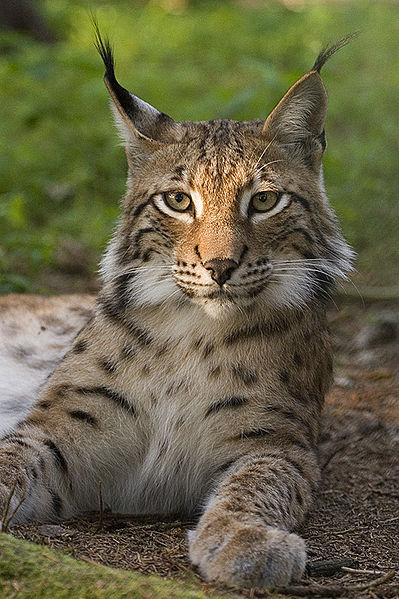 Shortly after midnight on Monday night Ashley Wagner let her dogs out for one more bathroom break before bed.
Shortly after midnight on Monday night Ashley Wagner let her dogs out for one more bathroom break before bed.
It was the last time she saw Cash, her German Shephard puppy.
Cash and Maiden, her Beagle, went bounding off to the back yard like they always do and suddenly all hell broke loose.
Wagner heard two high-pitched, spine-tingling feline screams in short succession.
Maiden came screaming back to the house in obvious severe distress.
Wagner and her husband, Brad, went looking for Cash with much worry in their hearts.
Cash had not left Maiden's side since they got him from the Sault Ste. Marie Humane Society.
They called and searched while Maiden cowered in the house.
There was no sign of Cash and all was quiet.
Eventually Maiden settled down and in the morning Ashley and Brad went to look for Cash again.
All they found was an ominous drag mark and tracks of an animal that were too big to be a coyote and too small to be a cougar.
The tracks, combined with the distinct lynx scream led them to believe it was a lynx that took their puppy.
What unnerved Wagner even more was the speed of the attack.
"It happened so fast," she said. "It couldn't have been more than two minutes."
Her horses weren't spooked by it, but Wagner was.
"We have a five-month old daughter," she said. "Is she safe in our own back yard?"
Wagner said she's heard of other dogs in the area going missing - two or three in the past two years and one taken right off his chain.
According to the Ministry of Natural Resources website, wild cats including cougars, bobcats and lynx, are extremely shy and are rarely seen by humans.
While they mostly hunt small animals like snowshoe hares and rabbits, bobcats and lynx have been known to prey on small pets.
Lynx only hunt at night and silently track their prey by sight and sound.
If you suspect wild cats may be in your area, the Ministry of Natural Resources recommends that you:
Limit food sources
• Put garbage in containers that have tight fitting lids. Put garbage out on the morning of pick-up, not the night before.
• Store garbage indoors.
• If you do not have curbside pick-up, take your garbage to the dump often.
• Frequently wash garbage cans, recycling containers and their lids with a strong-smelling disinfectant.
• Do not leave pet food outdoors.
• Do not put meat, fish or sweet food (including fruit) in your composter.
• Pick all ripe fruit from trees and bushes.
• Remove grease and food residue from barbecue grills, including the grease cup underneath, after each use.
Make your property unwelcoming
• Modify the habitat around your home. Light all walkways after dark and avoid landscaping with plants that deer prefer to eat. Where a deer goes, a lynx or cougar may follow.
Be aware
• An encounter with a cougar would be rare.
• If you believe a cougar is threatening your personal safety or that of others, call 911 or your local police.
• If you think you see a cougar in a tree, leave it alone. Call 911 or your local police.
• If you believe you have seen a cougar but it is not a threat to public safety, please report it to your local Ministry of Natural Resources office.
If you encounter a cougar or lynx
• Never approach the animal, especially if it is near a kill or with young, and never offer it food.
• Released or captive-reared cougars may be accustomed to humans and allow you to get close. Nevertheless, animals are unpredictable, and you should always exercise caution.
• If you see a cougar or lynx, stop, pick up small children and don’t run. Remember, its instinct is to chase.
• If you’re with others, stay together and act as a group. Children and pets should be kept very close.
• Face the animal. Talk to it firmly while slowly backing away. Always leave the animal an escape route.
• Do not crouch down or try to hide. Try to appear larger.
• Do not take your eyes off the animal or turn your back.
• If the animal does not flee, be more assertive by shouting, waving your arms, and throwing anything available.
• If the animal attacks, fight back with everything you have. Lethal action is a last resort
• Landowners may humanely kill a cougar that is damaging or about to damage their property. Firearm regulations and bylaws must be followed.
• Landowners must report a cougar killed in protection of property to their local Ministry of Natural Resources office.
For more information on cougars or lynx, contact your local Ministry of Natural Resources office or the Natural Resources Information Centre at 1-800-667-1940.